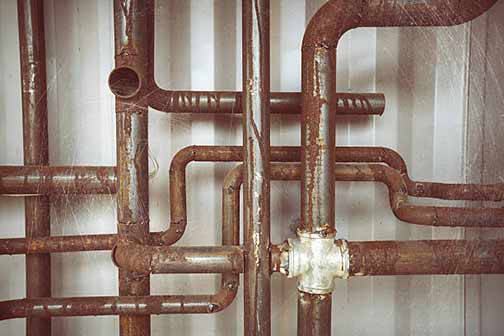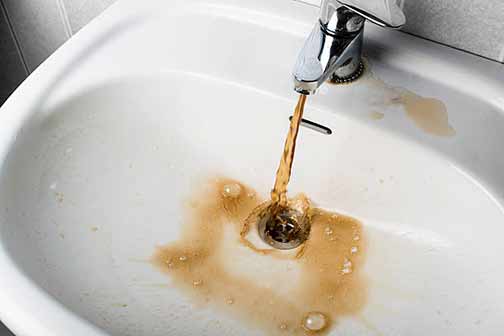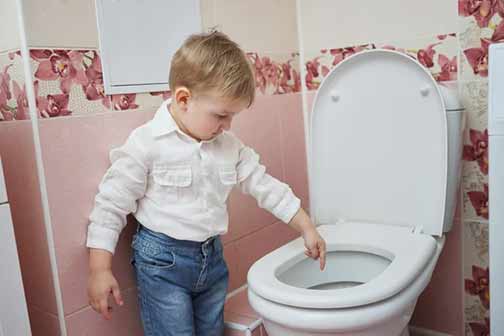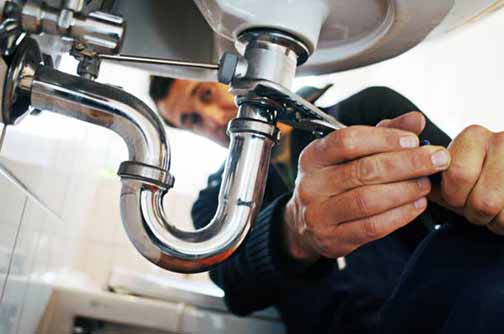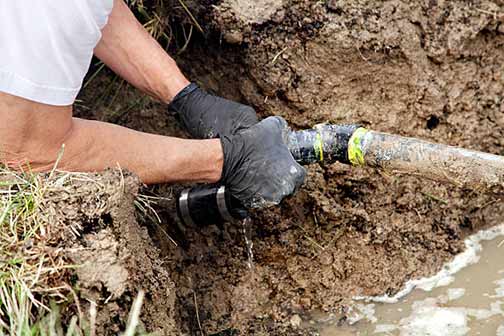
Sewer line maintenance should be a top priority for all homeowners; you want to make this a major focus of your home’s monthly or seasonal maintenance plan. Why is that? Because an efficient sewer system isn’t just about maintaining your plumbing, emphasizes Kokopelli Property Management team.
A damaged sewer system will compromise your family’s health, make your home unlivable and endanger the physical structures of your building. Sewer line problems are a leading cause of indoor air quality issues and foundation damage in homes.
Although your sewer line and entire plumbing system are made up of a complex maze of pipes and connections, preventing problems in this system should not be difficult. It is easier to prevent sewer line problems than to solve them.
The problem is most homeowners don’t even remember to care for their sewer system. That is because, unlike some home features, the sewer system is underground. Being out of sight often means the sewer line is also out of the homeowner’s mind.
The simple way to solve this problem is to follow well-established rules for caring for your home’s sewer line. That will mean creating a schedule for maintaining the system. It also means knowing things you should never do to your sewer line.
In this post, we will outline the essential tips for keeping your sewer system at optimal performance.
The leading causes of sewer line damage
Good sewer system maintenance starts with knowing the common causes of sewer line problems in homes. The majority of clogs, blockages, leaks, fractures and other problems in a sewer line can be traced to at least one of the following natural or artificial causes.
Grease, oils and fats
Because they congeal and solidify, FOGs (fat, oil and grease) can cause massive problems inside a sewer line. Never dispose of FOGs in your home’s drains.
Soap scum and hair
In areas with hard water, soap scum is a major cause of sewer line problems. Human and pet hair can also enter the sewer line through the shower drain and cause problems.
Certain types of food waste
Dumping some types of food waste into your sewer line will damage it – eggshells, starchy foods, potato peels, stringy vegetables, coffee grinds, etc.
Chemical drain cleaner
Because of the corrosive substances inside, chemical drain cleaners will weaken your sewer pipes and make them prone to leaks.
Foreign objects in the toilet
Anything but human waste and toilet paper inside the toilet will hurt your sewer system. That includes paper towels/napkins, latex condoms, feminine hygiene products, etc.
Tree root intrusion
The roots of nearby shrubs and trees can sense the water inside a sewer line and penetrate the pipes to access it’s nutrient-rich contents.
Freezing and shifting grounds
Stagnant water inside the sewer line can freeze and burst the pipe. Earth movements can also result in the misalignment of a sewer line.
Corrosion and aging
As sewer lines age, they become more susceptible to corrosion and aging. Metal pipes are more vulnerable to these issues.
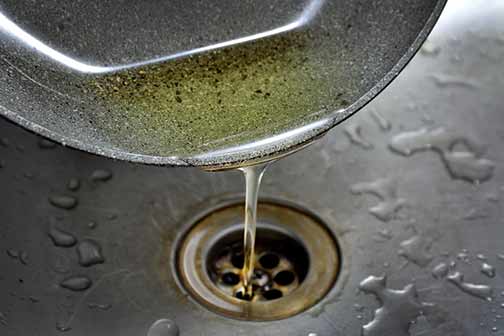
Grease, fats and oil should be put inside a sealed container and disposed of in the trash.
DIY sewer system maintenance tips
These practical DIY tips will help you avoid most of the listed problems:
Routine inspections
You will never know the condition of your sewer system if you don’t inspect it. Check for signs of damage and blockages. You can perform this superficial inspection at the start of each season.
Install drain screens
These prevent hair, soap, small food particles and other debris from entering the sink and shower drain. Drain screens should be cleaned often.
Proper waste disposal
Grease, fats and oil should be put inside a sealed container and disposed of in the trash. The same applies to the so-called flushable items people put in their toilets.
Flush drains regularly
The simple step of flushing hot water into your drains at least once every month will prevent clogs.
Avoid chemical drain cleaners
In place of those, use enzyme cleaners and home remedies like flushing the drain with baking soda and vinegar mix.
Manage tree roots
This could mean killing the tree roots around the sewer line, installing a tree root barrier, or removing the tree completely.
Professional maintenance tips for your sewer system
The above DIY tips are not a replacement for professional maintenance of your home’s sewer system.
Annual sewer camera inspections
This is not a superficial inspection. A specialized camera is sent into the line for up-close visual assessment of the pipes.
Yearly hydro-jetting
Hydro-jetting is a drain-cleaning method also suitable for maintenance. It stops the processes that cause blockages in the sewer line. Having your drains professionally hydro jetted is the best way to prevent future drain and sewer line issues.
Professional tree root removal
If you have trees with invasive roots on your property, this service ensures that tree roots don’t interfere with your sewer line.
Finally, you need a licensed and trustworthy plumber to oversee the health and performance of your sewer system. In addition to the professional maintenance steps listed above, a good plumber will help solve any sewer line repairs needed for your home.
